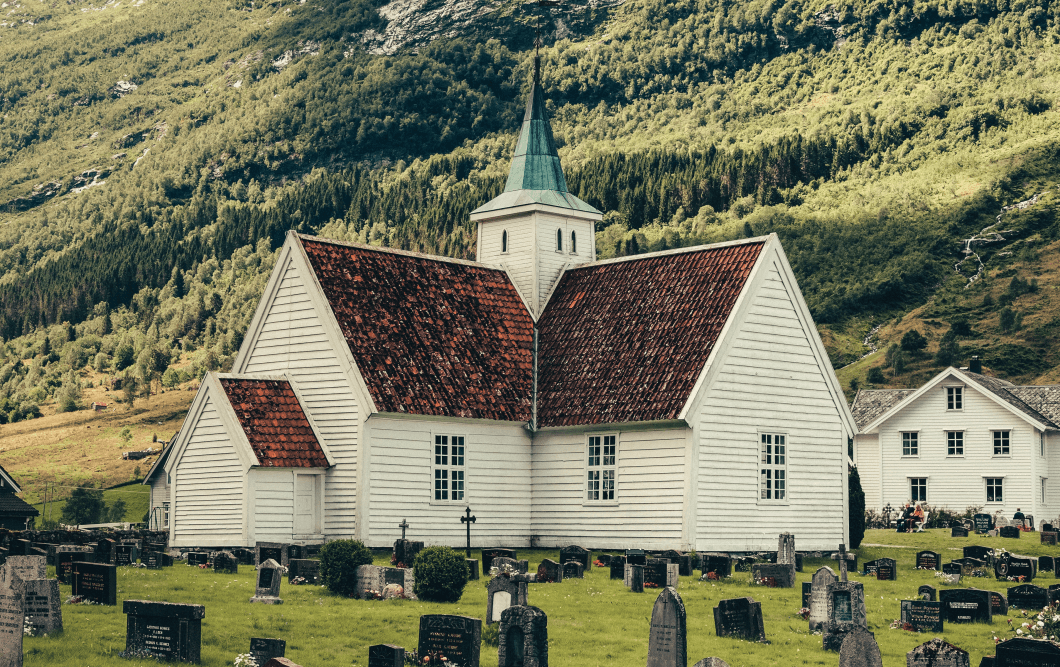
Death is not an easy subject, but nevertheless, we all come to it.
But this isn’t about death. It’s about what comes after. And no, this is nothing about a heavenly afterlife.
It’s about what to do with the corpse.
In America’s East, it is customary to have a funeral for our loved ones with burial in a family plot in the local cemetery. In the West, more people are cremated and interned in a mausoleum or columbarium. There are negatives to both methods: chemicals from embalming, and the fossil fuels needed for cremation.
As an alternative there is a growing movement started in the state of Washington to let Nature take its course. For lack of a better term, it’s called human composting. Before you get all icky about that, think how comforting it might feel for some to choose to have their remains turned into soil to nurture a favorite flower bed or tree, or a beloved garden, or placed in some other sentimental location.
Natural burial of human remains has been the custom of many societies all over the world from ancient times. Only the rich or royals were interned in tombs. Most others were simply put into the ground.
Letting nature be our undertaker runs counter to prevailing customs and raises many objections. How can we simply bury people, without caskets, coffins and crypts and without embalming? Could that be legal? Or sanitary?
Well, cemeteries could still be utilized, but without steel caskets and water-tight cement vaults. Crematoriums could still provide ashes to be scattered in approved locations. The problem is our present laws do not allow for these actions and until they’re changed, other methods are being utilized.
One is water cremation or alkaline hydrolysis, which is legal in over a quarter of the nation. Using this process, remains are dissolved using heated water and lye.
Another process wraps bodies in organic material, then bathes them in air streams of microbes, where they are turned periodically, so in about a month what’s left is basically soil. Now that sounds icky.
How often have you heard a relative say something like, “When I’m gone, put me in a pine box and bury me?” How simple. It’s economical, and certainly environmentally pure.
Perhaps if people begin to appreciate the efficacy of such human composting, it will gain greater acceptance and seem like the most natural thing to do — R.I.P.




Leave a Reply